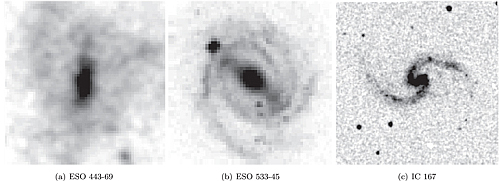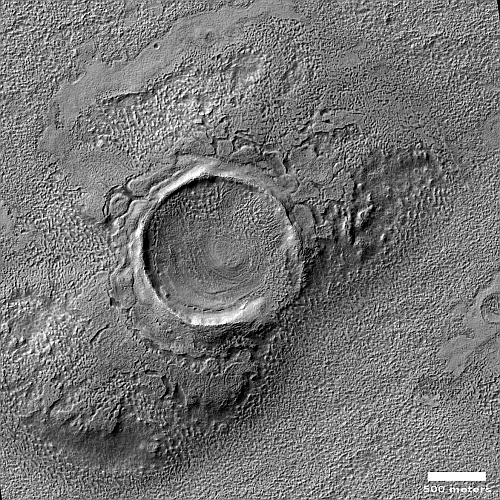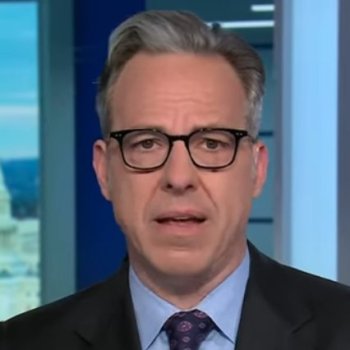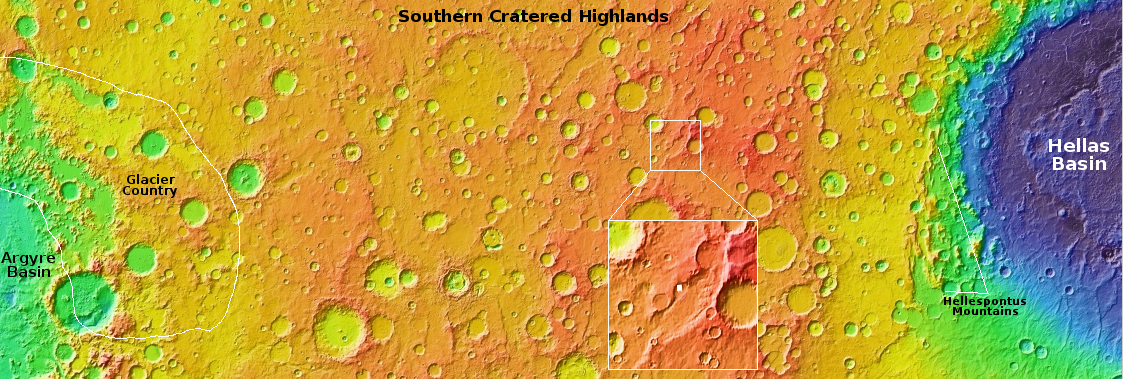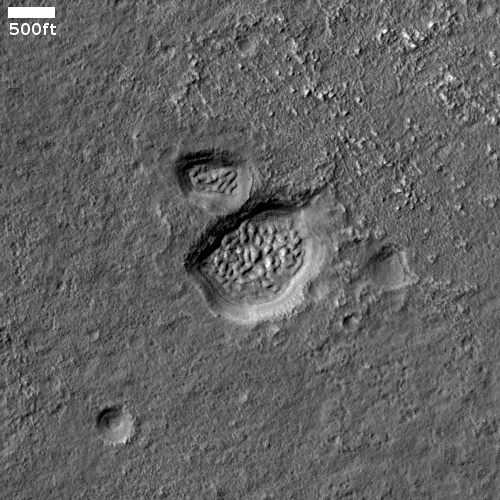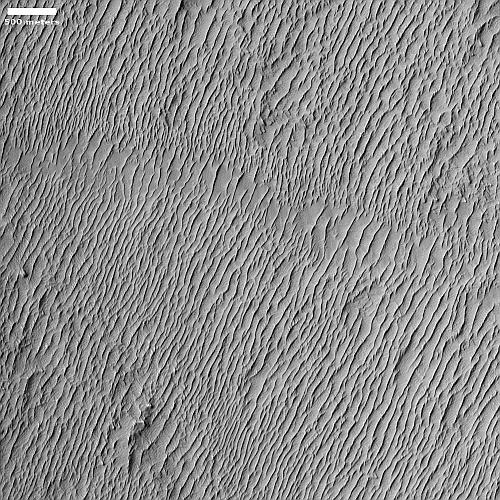Today’s blacklisted American: 12-year-old sent home from school twice for understanding the 1st amendment better than his teachers

Liam Morrison, wearing the evil shirt that he wore the
second time teachers at Nichols Middle School sent
him home.
They’re coming for you next: When 12-year-old Liam Morrison came to Nichols Middle School in Massachusetts on March 21, 2023 wearing a T-shirt with the words “There are only two genders” on the front, two teachers pulled him from class and told him he would have to remove the shirt or he couldn’t return to class. He refused, and so his father came to pick him up.
The teachers claimed he was causing a disruption, that some other unnamed students felt unsafe seeing the shirt. Liam however had experienced the exact opposite. Not only did he hear no complaints, he found many other students telling him they liked the shirt and wanted one for themselves.
Rather than retell his tale in its entirety, however, let’s hear it from his own mouth. I have embedded below Liam Morrison’s statement to the Middleborough School Committee on April 13. Note how clear and articulate he is. If I had to guess, he is getting a lot of education outside of his Massachusetts public school, because based on these events I would have no faith they are teaching him anything of value.
» Read more

Liam Morrison, wearing the evil shirt that he wore the
second time teachers at Nichols Middle School sent
him home.
They’re coming for you next: When 12-year-old Liam Morrison came to Nichols Middle School in Massachusetts on March 21, 2023 wearing a T-shirt with the words “There are only two genders” on the front, two teachers pulled him from class and told him he would have to remove the shirt or he couldn’t return to class. He refused, and so his father came to pick him up.
The teachers claimed he was causing a disruption, that some other unnamed students felt unsafe seeing the shirt. Liam however had experienced the exact opposite. Not only did he hear no complaints, he found many other students telling him they liked the shirt and wanted one for themselves.
Rather than retell his tale in its entirety, however, let’s hear it from his own mouth. I have embedded below Liam Morrison’s statement to the Middleborough School Committee on April 13. Note how clear and articulate he is. If I had to guess, he is getting a lot of education outside of his Massachusetts public school, because based on these events I would have no faith they are teaching him anything of value.
» Read more


